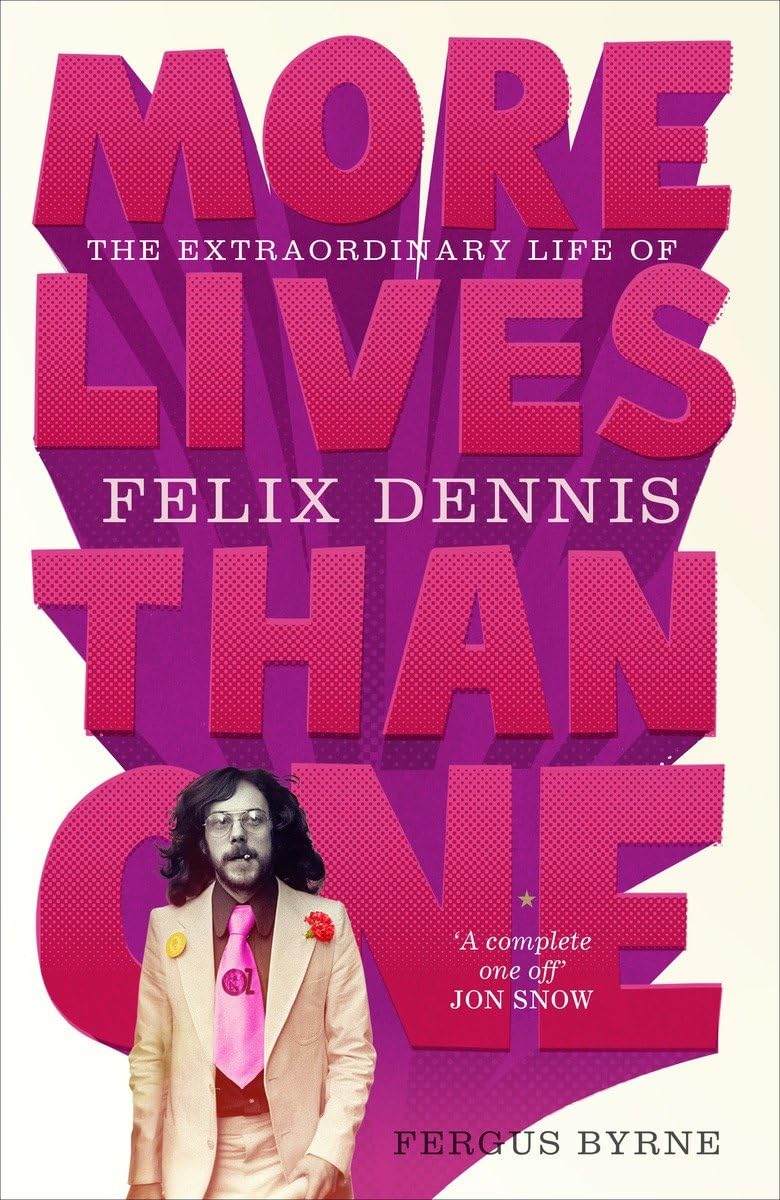Felix Dennis Part 4: His True Passion
In 1994, Jolyon Connell recognized that newspapers were bigger but people were busier, so they had less time to read them. He created a weekly digest magazine, The Week, to solve this problem. When Felix Dennis heard about the magazine, he invested. Within a year, he had 51% ownership. According to the biography about Dennis, he saw the magazine’s potential and had the resources at Dennis Publishing to take it to the next level. Realizing “the reader was king,” he focused on building a solid subscription base by adding value for readers. It worked, and the U.S. version launched in 2001. The Week was on a par with Newsweek and Time magazines and gained Dennis a level of respect from other publishers, which had avoided him before.
In 1995, Dennis Publishing launched Maxim magazine. The secret to its breakout success was a gap in the market. No one was publishing magazines for young men, ages 18 to 34, as they were for young women. Women’s magazines were more general. Magazines targeting men were specialized. Young men interested in science or physical fitness also “watched sport[s], talked about girls, and ate chicken wings.” Maxim filled this void by appealing to the universal interests of all men in a bold way. It sold 350,000 copies in the UK when it launched.
In 1997, Maxim U.S. was launched by Dennis and his two U.S. partners, Peter Godfrey and Bob Bartner. Creative marketing became a key to U.S. success. Maxim became known for throwing unbelievable parties, which gained celebrity attention and made attractive female celebrities inclined to pose on the magazine’s cover. It also creatively engineered getting promotion from Howard Stern, whose radio show was one of the most popular in the nation. Maxim was a gigantic success in the U.S. and sold 1.2 million copies per issue—10 or 20 times more than rivals like GQ and Esquire. At one point, Maxim U.S.’s ad rates rivaled TV ad rates. Maxim gained a cult following because, as Dennis put it, “it was the first beer truck to reach the desert.” Maxim positioned itself as the best conduit to connect advertisers with a large audience in this hard-to-penetrate demographic.
In 2007, Maxim was wildly successful in various countries when Dennis Publishing sold Maxim, Blender, and Stuff magazines to private equity firm Quadrangle Capital Partners, netting $240 million.
Flush with cash, Felix started to lean more into a passion he'd be developing for almost a decade, poetry. He bought a home on Mustique Island in the Caribbean and spent most of his time there, writing poetry. He published books of poetry and even went on tours reading his poetry in the U.S. and UK. Then, in 2011, Felix began to have health issues. First it was throat cancer, which shocked him. He was lucky; he survived after successful neck and mouth surgery. He eagerly resumed his poetry tours when, in 2013, he was diagnosed with terminal lung cancer. That diagnosis was devastating, and Felix decided to spend his remaining time mostly alone. On Sunday, June 22, 2014, Felix passed away.
Dennis was a pirate and maverick who happened to also be an entrepreneur. He enjoyed going against the establishment and shaking things up. He forced his way into what was then a stuffy industry and left a lasting impression on it. His outsize success forced his peers to respect him and change how they thought about the publishing business. Dennis’s track record of success over decades was undeniable, and many of the publications he started still exist today. But for all his success in publishing, his true passion ended up being writing and sharing his poetry. Building a publishing empire was a means to that end for Dennis.
Prefer listening? Catch audio versions of these blog posts, with more context added, on Apple Podcasts here or Spotify here!




